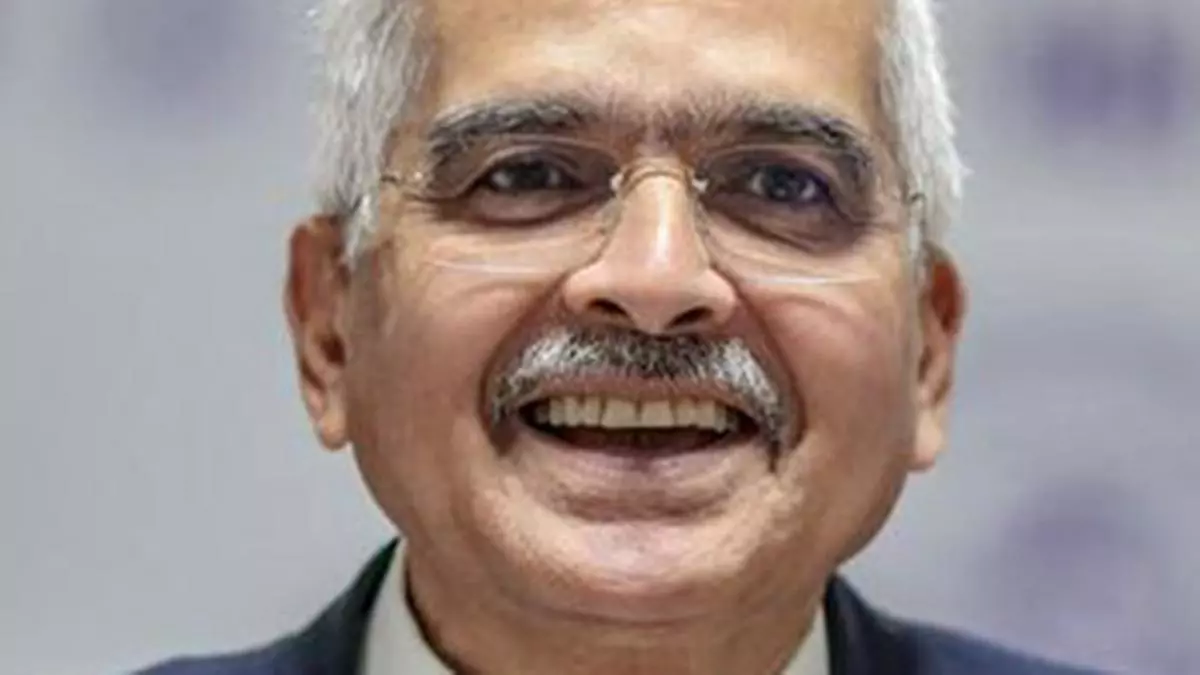Re-directing aggrieved customers to alternate grievance machinery not desirable: RBI Governor
Re-directing aggrieved customers to the alternate grievance machinery of the Reserve Bank of India (RBI) ombudsman is not desirable, Governor Shaktikanta Das told regulated entities (REs) on Friday.
He emphasised that regulated entities (Banks, non-banking financial companies, non-bank payment system participants and credit information companies) must comprehend that they are the first touch points in the overall grievance redress framework.
“As I can see from some of the complaints that land at my desk, many of the cases are such that they should have been resolved at the level of the regulated entities,” Das said in his Inaugural address at the Annual Conference of RBI Ombudsman.
Internal Ombudsman
Das noted that RBI has put in place an Internal Ombudsman (IO) Mechanism in regulated entities to strengthen their internal grievance redress mechanism. However, the functioning of this mechanism needs considerable improvement.
“It has been observed that on a number of occasions, IOs tend to endorse the decision of the regulated entities mechanically. In several cases, rejected complaints are not being referred to IO.
“The very foundation of an internal dispute resolution system relies on its capacity to provide fair, impartial and judicious adjudication, and the observed trend raises concerns about the robustness of the existing framework,” the Governor said.
He urge conference participants to ensure the overall integrity and efficacy of the internal grievance redress mechanism.
“Our analysis of the grievances received at the offices of the RBI ombudsman reveal certain gaps in the systems and procedures in the regulated entities.
Regulated entities
“We have brought such deficiencies to the notice of the individual banks and NBFCs. Our effort is to work with the regulated entities and rectify such deficiencies,” Das said.
The Governor observed that Ombudsman offices should adapt and evolve their processes to handle the increasing volume of complaints, while ensuring consistency in their decisions.
“While the Offices of Ombudsman need to intensify data analytics and use of technology for streamlining the internal processes, adoption of similar approach by the regulated entities is crucial for upholding public trust.
“There is also a need for further strengthening the internal grievance redress systems including the internal ombudsman framework in the regulated entities,” Das said.
